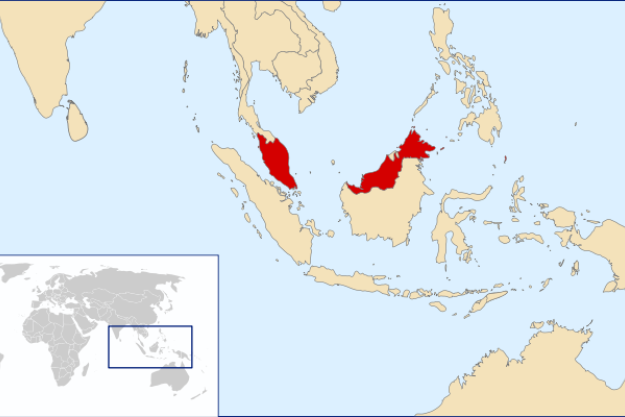
A subregional training course for customs authorities in Southeast Asia on the Technical Aspects of the Transfers’ regime of the Chemical Weapons Convention (CWC) took place at the Royal Malaysian Customs Training Academy (AKMAL) in Malacca, Malaysia from 6 to 9 October 2008. Twenty-two participants from 8 States Parties (Cambodia, Indonesia, Malaysia, Palau, Philippines, Sri Lanka, Thailand, and Viet Nam) attended the training course. Two participants from Myanmar —a State not Party to the CWC— also took part in the training course.
The training course is the first of its kind to offer comprehensive information on technical issues relating to the transfers’ regime. The topics covered during the training course included an overview of the CWC and the OPCW, the rights and obligations of States Parties to the CWC, the role of the National Authority and the need for effective interaction with stakeholders on the identification of chemicals relevant to the CWC. The discussions included the current recommendations of the World Customs Organization (WCO), identification of scheduled chemicals in the Harmonised System, information on the Handbook on Chemicals, and the OPCW Central Analytical Database.
At the opening of the training course, General Tan Sri Md Hashim Hussein (Retired), Chairman of the Malaysian National Authority for the Chemical Weapons Convention, stated that by attending this training course the customs officials would gain experience in enforcing the laws, regulations and procedures in their own country. He urged them to share and exchange their knowledge with others in their respective customs authorities to increase the national capacity to implement the provisions of the CWC.
During the training course, the participants received important information on practical ways in implementing the Convention’s provisions, with the aim of eliminating discrepancies between the quantities of scheduled chemicals declared by importing and exporting States Parties in respect of the same transfers. Practical exercises and group discussions designed to enhance the States Parties’ capacity to effectively track the import and export of scheduled chemicals were also held.
Participants also visited the West Ports facility at Port Klang to observe and understand the procedures adopted by the Royal Malaysian Customs Authority to monitor the import and export of scheduled chemicals.
The training course was funded through a voluntary contribution by the Republic of Korea.
